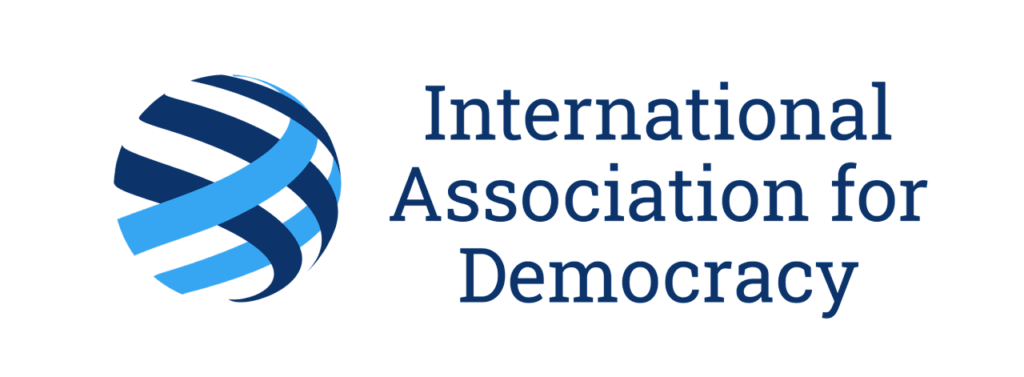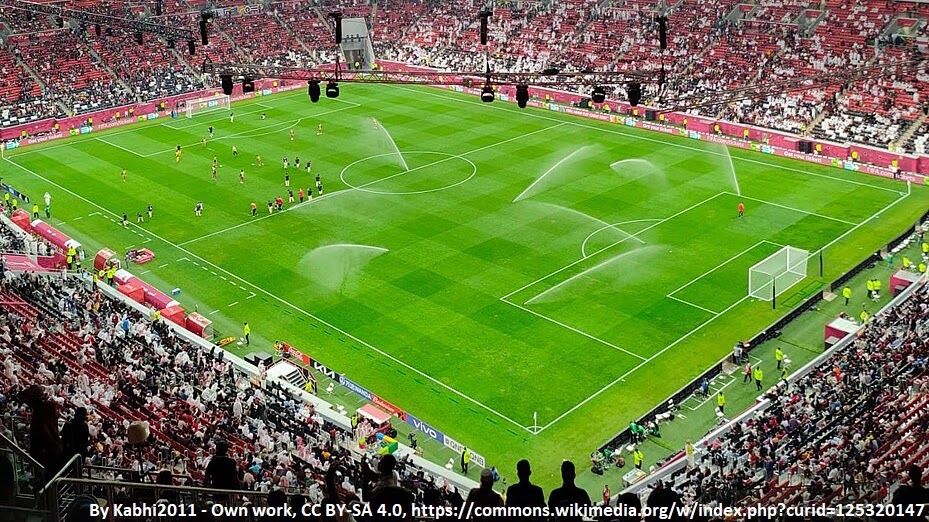Qatar has used the World Cup to stifle criticism of its authoritarian monarchy, with the help of Western investors and public figures – a boycott is the only ethical option.
On November 20 the World Cup in Qatar will begin, in a display of political and economic soft power, and a demonstration of the country’s willingness and ability to punch above its weight in the international sphere. However, the World Cup also serves far more cynical and nefarious purposes, including stifling criticism of the royal family, obfuscating the country’s abysmal human rights record, and the real lack of democracy, equality, and representation for most of its population.
While the country has a parliament with some legislative powers (the Consultative Assembly), a closer look at how it functions confirms that it is a façade for an authoritarian regime in which only the Emir and the royal family’s interests matter. The first elections were held in 2021, and of the 45 seats, only 30 were elected by direct suffrage, with the Emir appointing the remaining 15. Furthermore, all candidates must run as “independents”, as political parties are banned, depriving those operating in the political system of a key tool for organisation and communication with the public. The royal family also has considerable representation in the national cabinet, which is directly appointed by the Emir (and can be changed by him at any time), as is the Prime Minister. Such a parliament will never represent the country’s citizens without further reform, as its role is limited to legitimising the royal family’s power and rubber-stamping the Emir’s whims, seeing as neither the appointed nor the elected candidates are likely to have the necessary numbers to contradict the ruler, who in effect retains executive power.
This rigging of power and lack of democratic procedures and representation is also obvious in the way Qatar portrays itself and how it is perceived abroad. The country has successfully presented itself as a monolithically conservative society, where homosexuality, opposition to monarchy as a form of rule, secularism and other phenomena that contradict the conservative royal vision simply do not exist, rather than the country’s institutions ensuring that they receive no social or political space. Additionally, Qatar’s restrictive nationality law makes naturalisation difficult even for those born and raised there, meaning that at present, less than 20% of Qatar’s population are citizens, shutting an absolute majority of the population out of the limited options for representation.
Qatar’s authorities have repeatedly attempted to deflect from these accusations by framing them as just reflecting islamophobic and anti-Arab sentiment. While it would be naive to suggest that such reactions have been absent from the discussion around the World Cup, this is simply dishonest gaslighting.
This repressive regime uses the cover of religion and culture to present a selective vision of itself, (one that the West has unfortunately accepted), all while ensuring that Qatari citizens and residents cannot contribute to a nuanced and pluralistic vision of the country.
Here we must be clear: none of this would be possible without foreign capital and officials who chose to ignore the country’s baked-in authoritarianism, its potential financing of ultraconservative groups abroad, the World Cup’s horrifying human cost (recent estimates state that 6,500 migrant workers have died building the tournament’s infrastructure), and the systemic inequality underpinning Qatari society, all in the name of profit.
Qatar hoped that with the World Cup, the antidemocratic, homophobic, racist, exploitative and cynical attitudes of its ruling apparatus could be brushed under the carpet and profitable economic and political relationships could be formed or consolidated. For this reason, a boycott of the World Cup sends the message that respectability cannot be bought; it must be demonstrated through action, and human life must be respected. Qatar’s citizens and residents must have the right to free expression of their views and their being in all their variety, no-one must be deemed illegal just because of who they are.
Qatar’s democratisation would be a fundamental step towards true pluralism in its society, and we must not allow the Qatari regime to get away with its authoritarianism and erasure of its citizens and residents’ diversity and complexity. Democracy, human rights, and human dignity are worth more than money, and we must demonstrate it consistently.
The world rightly reacted with horror at the Russian invasion of Ukraine, and the economic consequences for Russia have been swift. Russia was a good first step, now we must show Qatar and its craven accomplices among the political, economic and influencer world that we are serious.
We must boycott the World Cup and its matches, because there is the possibility to score a far more noble goal instead.
Luca Contrino
Public Affairs Officer
International Association for Democracy


